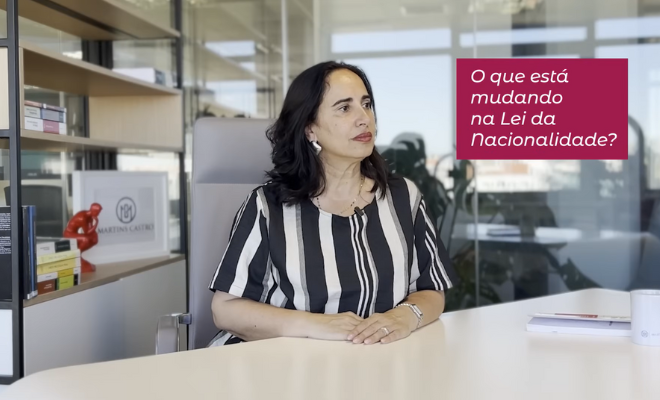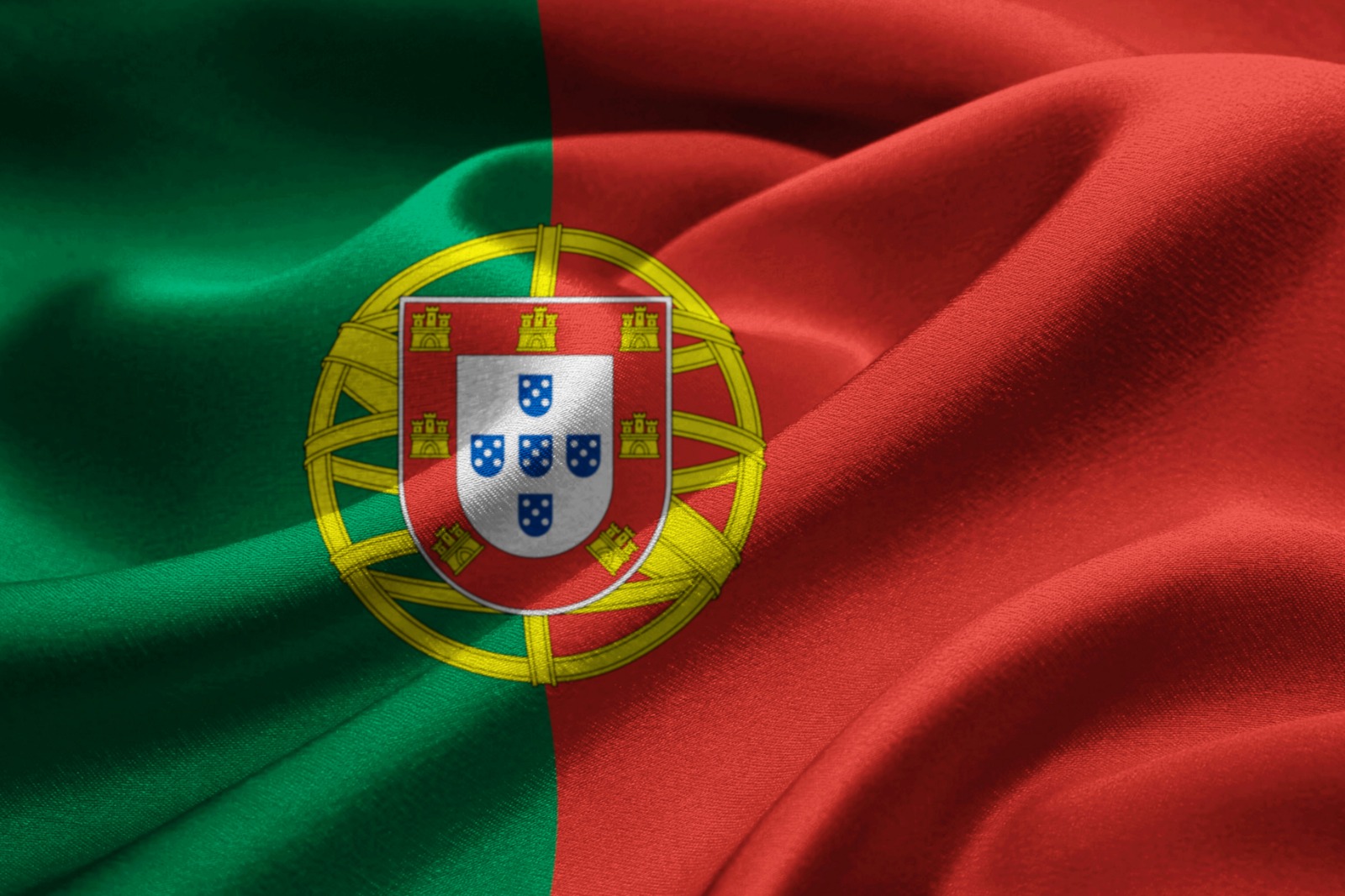5 common mistakes when designing a genealogical study

Among the legal requirements contained in Decree-Law 30-A/2015 that grants Portuguese nationality to descendants of Sephardic Jews is the presentation of certificate of a Jewish community, in Portugal, “that attests to the tradition of belonging to a Sephardic community of Portuguese origin, materialized, namely, in the applicant's surname, in the familiar language, in the genealogy and in the family memory”. It is here that the genealogical study plays a fundamental role in the smooth running of the application for nationality.
To help avoid confusion and mistakes when researching your genealogy, we've prepared five mistakes that are commonly made when a person begins to gather data for their genealogy study. We also take this opportunity to give tips on how to avoid these mistakes. It is worth remembering that the genealogical study is more than a document. It also means a rescue of our origins and our history.
1. There are so many Antônios and Marias…
The confusion with the homonyms it's a common mistake to make when we start looking for our ancestry. When looking for documents and links with ancestors, it is natural that you come across people who carry the same first or last name, but who do not belong to your family or lineage. Hence, homonyms end up being a source of much confusion and misleading.
As a way to minimize the chance of an error or even to avoid it, it is important to be aware of data other than the name. The region of birth, marriage and death of the ancestors, as well as proof of parental connections, are information that help you to know if the person you found registration for is really your ancestor or belongs to another family.
2. Brazil was once Land of Santa Cruz
Another important point to be aware of is whether the names and surnames you are researching match the locations of the certificates being collected. It is common, for example, that cities and regions over the years have belonged to other jurisdictions or dioceses. Depending on the time to which your ancestor belonged, the village in which he was born, married may have become a municipality or even have been annexed to a neighboring city.
To prevent such errors from happening, investigate the creation dates of the city or jurisdiction to which your ancestor is linked. One of the places where you can find information of this type is the website of the Brazilian Institute of Geography and Statistics (IBGE).
3. The name before and after the wedding
For decades it was a tradition that women, when they got married, gave up their family name and started to adopt that of their husband's family. This habit makes genealogical ties on the maternal side sometimes more difficult to verify. This is why it is important not to forget this type of information when you are starting your genealogical study.
A document that can help identify family names on both the maternal and paternal sides is the marriage certificate. This is a very important document in the genealogical study, as it even includes the names of the parents of the couple. Ah! It is worth remembering that, although less common, there are cases in which men have taken the surname of their wife's family.
4. Only the last name is not enough
Much is said about the possibility of identifying a new Christian only through their surname, such as Coelho, Gato, Cordeiro, Oliveira, Carvalho, etc. It is important to remember, however, that Sephardic Jews forced into conversion adopted Christian names. The aim was not to attract the attention of the pursuers.
So be aware and look for all possible data whenever you come across an ancestor who brings a last name that says traditionally linked to new Christians. The truth is, Christians and Jews could have exactly the same last names.
5. DNA test
Often, in the anxiety of proving a link with Jewish ancestors, people resort to DNA tests. This type of exam is interesting for those who want to know the ethnicities that make up their genetic heritage, but for those who want to gain Portuguese citizenship by the Sephardim, these exams are not accepted. Proof of descent for this purpose is provided through a genealogical study based on historical documentation.
The genealogical study is more than a document, it is a rescue of our origins and our history. It is fundamental for Portuguese citizenship by the Sephardic people and very significant for our identity. You may be surprised at the findings.
You can find out if you have Sephardic ancestry
To do this, you just have to correctly answer all the fields on our pre-analysis form. There are no costs associated with completing the form.

Portuguese nationality: applications increase, delays too
The current scenario for Portuguese nationality is one of overload and uncertainty. According to the Union of Registry and Notary Workers […]

Has the new Nationality Law proposal been approved? Isabel Comte clarifies what is actually in force
In an exclusive interview, jurist Isabel Comte — a master in Law and specialist in Portuguese nationality — answers the main […]

Transmission of Nationality: what changes with the new proposal from the Portuguese government?
By Isabel Comte In recent weeks, the proposed amendment to the Nationality Law — Bill No. 1/XVII/1st […]